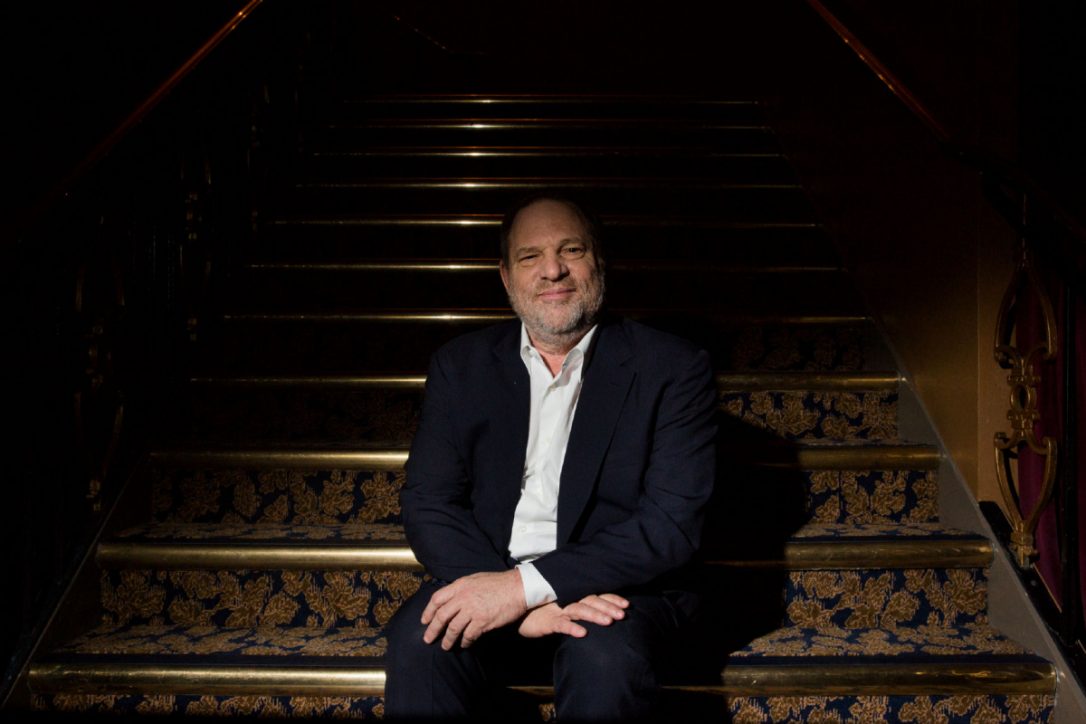The growing number of sexual harassment stories have not led companies to end holiday office parties, but there is more caution.
The 2017 office Christmas party season will go on — but amid a heightened sensitivity about what constitutes harassing behaviour under the mistletoe.
Human resources executives say the growing slate of sexual misconduct claims from women against powerful figures in their professional lives, including disgraced Hollywood film producer Harvey Weinstein, has not led to an obvious reduction in corporate celebration plans for the upcoming season.
“I am not seeing any disinclination towards holiday parties,” said Frances Mote, CEO of Toronto-based Niagara Street HR Consulting Inc., adding that she has been asked for advice on behavioural guidelines, mostly regarding drinking.
“That being said, I have done more anti-harassment training in the last six months than ever,” she told The Star. “Ditto for investigations. There is definitely a heightened awareness.”
The issue has been highlighted by allegations involving public figures including former CBC host Jian Ghomeshi (who in 2016 was acquitted of sexual assault charges) and in the context of research such as a 2014 Angus Reid survey that found three in 10 Canadians experience sexual harassment at work.
A series of cautionary rulings have also been handed down in Ontario and elsewhere that have found employers still bound by workplace policies, even at after hours and off-site events.
Last year the Ontario government’s Sexual Violence and Harassment Action Plan Act came into force, underscoring the duties of employers to foster harassment-free workplaces. Last week, Ottawa introduced legislation that aims to tighten bullying and harassment rules affecting federally regulated employees.
A renewed focus on harassment in the workplace has been evident in Canada for at least a year, said Janet Salopke, president and senior consultant at Calgary-based HR consultancy Salopek and Associates Ltd. As a result, she said companies are turning to HR professionals and lawyers to better understand their legal obligations to assure a safe workplace and extended workplace.
“We’ve seen an increase big time,” she said referring to the number of companies sponsoring workshops on anti-harassment polices and measures. “They’re educating their people, they’re educating managers to make sure people know what’s appropriate and what isn’t.”
Despite their reputation as a fertile ground for risque conduct, the parties also offer an important boost to staff morale — as long as some common sense rules are applied, experts say.
Foremost would be to implement or update a sexual harassment policy before the parties get started and to, as employment lawyer Howard Levitt advises, allow spouses to attend — and limit free drink tickets.
Stashing the mistletoe would probably make sense as well.
Companies and organizations who responded to inquiries stressed that they already have robust workplace policies in place, suggesting they approach the harassment issue from a preventive standpoint.
“We are not taking any new additional steps following the recent stories that have been brought to light in the media,” said Louis-Antoine Paquin, a spokesperson for Montreal-based engineering firm SNC-Lavalin Inc. “The reason is that we already have very strict guidelines related to any form of harassment and violence in our code of ethics.”
He added that the company maintains a duty to report procedure.
Juanita Christmas, senior communications advisor with the City of Toronto, said the city educates staff all year round about its Human Rights and Anti Harassment/Discrimination Policy and how to make a complaint. But she said staff are reminded as the season approaches that the policy covers behaviour at work-related social events including holiday parties.
The TTC’s Stuart Green, meanwhile, said the transit service does not host parties for staff but has numerous, “robust workplace harassment policies in place to ensure all employees are protected from unwanted attention or language.
“The only reminders we send out at this time of year are around celebrating responsibly,” he said.
Levitt, senior partner at Toronto-based Levitt LLP Employment and Labour Law, said as employees become more aware of their workplace rights there has been a corresponding spike in companies seeking legal advice on how to best educate staff and better protect themselves.

